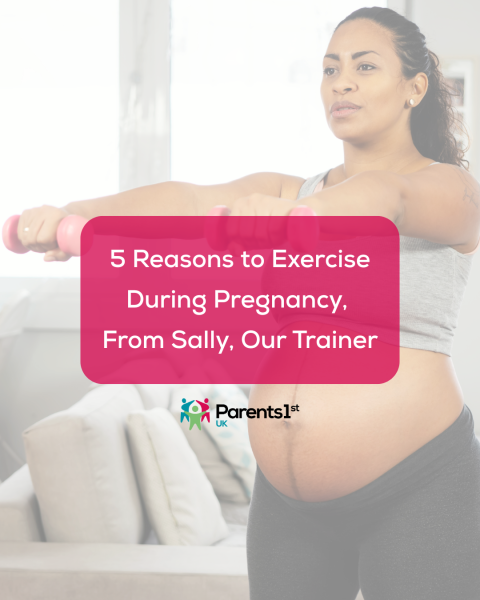Pregnancy is a time of big changes—physically, emotionally, and mentally. While rest and self-care during pregnancy are crucial, staying active can bring a wide range of benefits for both you and your baby.
Our wonderful trainer Sally is here to share five great reasons to keep moving during this special time...
________________________________________
1. It May Help Shorten Your Labour Time
Staying active can improve your stamina and strength, which may help during labour. Regular movement, like walking, prenatal yoga, or low-impact classes, keeps your body prepared for the physical demands of birth. Women who stay active often feel more in control and better able to manage labour—mentally and physically.
________________________________________
2. It Can Lower Your Risk of Gestational Diabetes
Regular exercise helps your body regulate blood sugar levels more effectively, reducing your risk of developing gestational diabetes. Even light activity like gentle stretching, swimming, or a 20-minute walk can make a big difference.
________________________________________
3. It Supports Pelvic Health and Reduces Pelvic Girdle Pain
Pelvic Floor exercises (like Kegels) are especially helpful during pregnancy. They strengthen the muscles that support your uterus and bladder and can ease Pelvic Girdle Pain, which affects many women in their second or third trimester. Top tip: Start early and do them consistently—even a few minutes a day can help! ________________________________________
4. It Boosts Your Mood and Mental Health
Pregnancy can be an emotional rollercoaster. Moving your body—even gently—can release endorphins, those feel-good hormones that help lift your mood, reduce anxiety, and improve sleep. It's a natural way to support your emotional well-being during a time of huge change.
________________________________________
5. It Helps You Recover After Birth
Getting back to some form of exercise after birth (with your doctor’s go-ahead) helps with both physical recovery and emotional resilience. Light movement postnatally can increase circulation, reduce tension, and help manage fatigue. Those early weeks are tough—moving your body, even a little, can give you the energy and confidence you need.
________________________________________
Final Tip from Sally:
Stay Hydrated! Water plays a key role in every system of your body during pregnancy. It helps with digestion, circulation, and muscle function. Sally recommends keeping a reusable bottle on hand and aiming for 2 litres (4 x 500ml bottles) of water daily—especially before and after any activity. ________________________________________
Always check with your midwife, GP, or health professional before starting or continuing any exercise programme during pregnancy. Every pregnancy is unique.
Want help getting started?
Join Sally’s FREE Pre and Postnatal Fitness Classes today…
https://parents1st.org.uk/antenatal-and-postnatal-fitness-sessions


